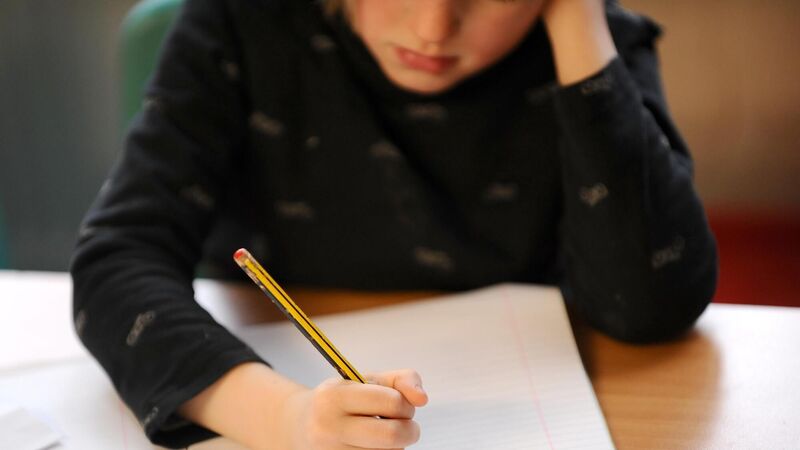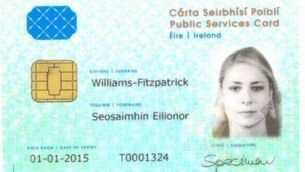Tue, 09 May, 2023 - 18:59
Jess Casey, Education Correspondent
Tutors taking part in this year’s summer school programme for children with complex needs will be able to take on more students in smaller groups for the first time ever.
Since it was established, the Department of Education has only ever sanctioned one-on-one tuition or tuition for siblings sharing the same home as part of its home-based programme.
Already a subscriber? Sign in
You have reached your article limit.
Subscribe to access all of the Irish Examiner.
Annual €130 €80
Best value
Monthly €12€6 / month
Introductory offers for new customers. Annual billed once for first year. Renews at €130. Monthly initial discount (first 3 months) billed monthly, then €12 a month. Ts&Cs apply.
CONNECT WITH US TODAY
Be the first to know the latest news and updates














